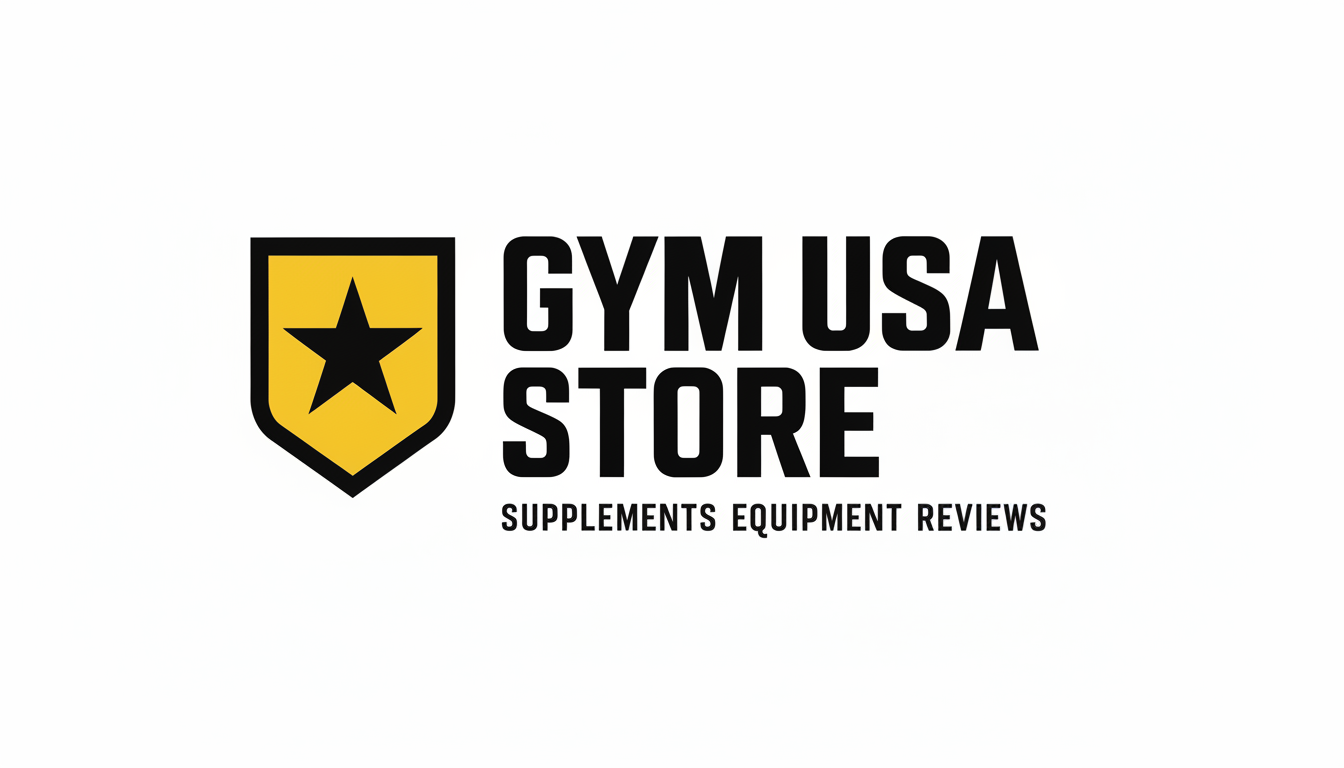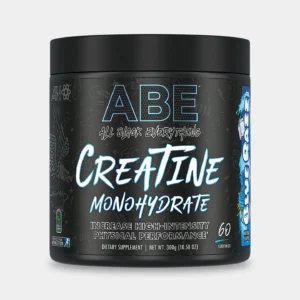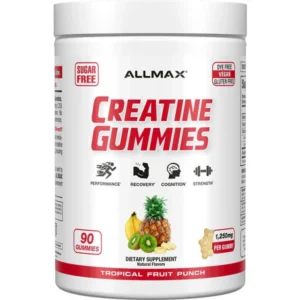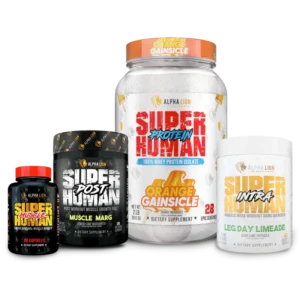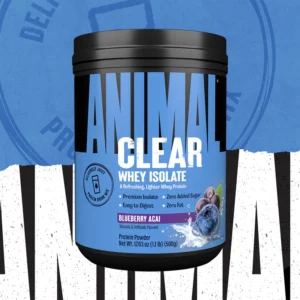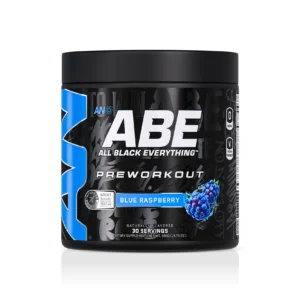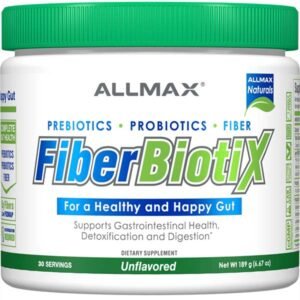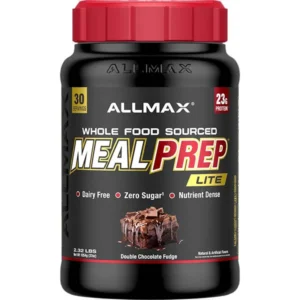Buy supplements online – all you need to know. The way people buy supplements online has completely transformed over the past decade. With e-commerce giants, specialized nutrition retailers, and direct-to-consumer brands competing for attention, shoppers now have access to thousands of formulations designed to support fitness, health, and wellness goals. From premium whey protein and vegan multivitamins to nootropics and joint support complexes, the digital marketplace has made supplementation more personalized and convenient than ever before. However, with this abundance comes confusion — and not all online supplement stores are created equal. Understanding where and how to shop smartly ensures that your investment in better health truly pays off. This guide will help you navigate the modern supplement landscape with confidence, highlighting what to look for, what to avoid, and how to identify trusted sources for buying supplements online safely and effectively.

1. Introduction: Why buy supplements online?
In the modern era, more people turn to online shopping for supplements, whether vitamins, minerals, protein powders, herbal extracts, or specialty nutraceuticals. The advantages are numerous:
- Wider selection: small niche brands, novel formulations, global brands
- Convenience: home delivery, repeat orders, subscriptions
- Price transparency: ability to compare deals, discounts, bundles
- Access to detailed information: ingredient lists, certificate of analysis (COA), user reviews
Yet, these benefits come with risks if due diligence is not exercised. As someone who’s worked in the supplements industry and also in digital marketing, I want to share the best practices, pitfalls, and SEO tips to make a site rank (and make customers shop smartly).
Let’s dive into what you must know before hitting “Add to Cart.”
Related Products
-
ABE Creatine
$24.99 -
Allmax Creatine Gummies
$39.99 -
Alpha Lion Mass Monster Stack
Original price was: $268.41.$169.99Current price is: $169.99. -
Animal Clear Whey Isolate
Original price was: $41.99.$37.49Current price is: $37.49.
2. Risks, regulatory context & pitfalls
2.1 The regulatory landscape: more “post-market control” than pre-approval
Unlike pharmaceutical drugs, in many jurisdictions supplements are regulated as a category of food or “dietary supplements.” In the U.S., for example:
- The Dietary Supplement Health and Education Act (DSHEA) of 1994 classifies supplements as a special class of food, not drugs.
- Manufacturers are responsible for ensuring safety and label accuracy, but the FDA does not pre-approve every supplement before it hits the market.
- The FDA may act after the fact (recalls, warnings) if a product is unsafe, adulterated, or mislabeled. UConn School of Pharmacy+2U.S. Food and Drug Administration+2
Because of this regulatory model, the onus falls more heavily on consumers to verify quality and legitimacy.
2.2 Mislabeling, contamination & adulteration risks
- Studies and consumer alerts have revealed that some supplements may contain less or more of the active ingredient than listed, or extra fillers.
- Contaminants such as heavy metals, microbial contamination, or prohibited substances (e.g. stimulants) have been found in rogue products.
- Some supplements make unverified health claims, which regulators like the FDA or FTC may challenge. Business Insider+3Office of Dietary Supplements+3U.S. Food and Drug Administration+3
2.3 Consumer perception of risk
Research shows consumers accept some level of risk when buying health supplements online, given the balance between cost, convenience, and trust signals. PMC
Thus, as a site, you must minimize perceived risk via transparency, certification, reviews, customer support, and clear policies.
3. Quality, safety & third-party testing
When buying supplements online, the top priority should be to ensure you are getting a safe, accurate product. Here are the hallmarks of quality:
3.1 Third-party testing and certification seals
Look for products that have undergone independent testing by reputable laboratories. Common seals include:
- NSF International
- U.S. Pharmacopeia (USP) Verified
- ConsumerLab
- Informed Sport / Informed Choice
These attest that the product has been tested for identity, purity, potency, and absence of contaminants. Business Insider+3WebMD+3Healthline+3
One article on Business Insider even emphasizes the importance of verifying third-party verification to guard against mislabeled or adulterated products. Business Insider
3.2 Transparent labels & certificate of analysis (COA)
- Avoid products with vague “proprietary blends” where ingredient amounts aren’t disclosed (this is a red flag).
- Legit brands will often publish COAs (certificates of analysis) or lab reports on their website.
- Verify the lot number, expiry date, and batch records if possible.

3.3 Clean ingredient sourcing & manufacturing practices
- Check if the brand uses Good Manufacturing Practice (GMP) certified facilities.
- Avoid unnecessary excipients, artificial fillers, or colorants if you don’t need them.
- Watch for allergen warnings (e.g. gluten, soy, shellfish) if these matter to you.
3.4 Safety & medical advice
- Always consult a qualified healthcare provider before beginning any supplement, especially if you have medical conditions, are on medications, pregnant, or under 18. The FDA, for example, encourages talking with health professionals. U.S. Food and Drug Administration+2U.S. Food and Drug Administration+2
- Be mindful of drug–supplement interactions; even “natural” ingredients can interact with prescription medications. UConn School of Pharmacy+1
- Don’t assume “more is better.” Some vitamins and minerals have tolerable upper limits — exceeding them can be harmful. Harvard Health+1
4. How to evaluate an online supplement store (shop vetting checklist)
When you land on an online store, here is a rigorous checklist to vet whether they’re trustworthy and worth buying from:
4.1 Domain, site authority & trust signals
- A strong domain age and history adds credibility (older, well-maintained domains tend to be safer).
- SSL certificate (https), clean site design, professional branding help bolster trust.
- Check for business transparency: physical address, contact phone, email, returns policy, terms of service.
4.2 Product page quality & disclosures
- Full ingredient list, dosage, health disclaimers, usage instructions.
- Presence of COA, batch testing, or link to lab results.
- Clear shipping, handling, and return policies.
4.3 Reviews and social proof
- Genuine user reviews (text, images) — ideally on or off site (e.g. TrustPilot).
- Look for verified-purchase reviews rather than generic praise.
- Social media presence, brand engagement, influencer partnerships (but with caution — not all are genuine).
Related Products
-
ABE Performance Pre-Workout
$34.99 -
Allmax Nutrition FiberBiotix
Original price was: $24.99.$18.99Current price is: $18.99. -
Allmax Nutrition Mealprep Lite
$48.99 -
Anabol PM Nighttime Muscle Builder and Sleep Aid Anabolic Muscle Building Supplement
Original price was: $39.49.$31.59Current price is: $31.59.
4.4 Payment & fulfillment safety
- Use reputable payment gateways (PayPal, Stripe, credit card processors) — avoid sites that push weird bank transfers.
- Order tracking, order confirmation, packaging security (tamper-evident seals).
- Reasonable shipping times and transparent calculation of shipping (and possible import duties) if shipping internationally.
4.5 Regulatory compliance & claims
- The site should avoid making disease treatment claims (e.g. “cures cancer”) — this is often illegal for supplements.
- Check for disclaimers and that claims are within allowed language (e.g. “supports immune health” vs “treats disease”).
- The site should display disclaimers (e.g. “These statements have not been evaluated by the FDA…”).
4.6 Company reputation & red flags
- Search for news or user complaints about the brand or domain (Google, BBB, forums).
- Avoid sites that list extremely low prices compared with market norm (could indicate counterfeit goods).
- Beware of sites that only accept cryptocurrency or bank wires — lack of recourse.
In short: if a site ticks most boxes above, it is more trustworthy. If multiple red flags appear, walk away.
5. Smart shopping strategies & tips
Here are advanced strategies both for consumers (to make safer, smarter purchases) and for site owners (to encourage conversions).
5.1 Do your keyword and product research
- Use long-tail, intent-driven keywords (e.g. “buy vitamin D3 5000 IU online,” “best probiotic supplement for IBS”) to find niche products.
- Check competitor sites, forums, and marketplaces for product names and consumer preferences.

5.2 Use bundles, subscriptions & loyalty programs
- Many online supplement stores offer subscription models (auto-renew, recurring delivery) with discounts.
- Bundling complementary supplements (e.g. Omega-3 + Vitamin D) can lower per-unit cost.
5.3 Compare unit pricing and concentration
- Don’t just compare bottle prices — compare price per serving or price per mg of active ingredient.
- Be cautious about “mega dose” claims unless backed by evidence and safe ranges.
5.4 Seasonal promotions & restock timing
- Watch for major health- or fitness-related sale seasons (New Year’s resolutions, summer, back-to-school).
- Sign up for newsletters or alerts from trustworthy brands for flash sales or restock notices.
5.5 Shipping & global considerations
- Be mindful of cross-border import rules, tariffs, and customs delays if buying internationally.
- Some countries restrict certain ingredients or dosages — check local laws.
- For perishable or unstable compounds, check if cold chain or controlled temperature shipping is needed.
5.6 Sample packs & first-order guarantees
- Some brands offer sample packets, mini sizes, or money-back guarantees (30-day, 60-day) — these reduce risk for the buyer.
6. Recommended reliable sources & references for customers
As a buyer, it’s wise to use authoritative sources. Below are trustworthy references:
- NIH Office of Dietary Supplements (ODS) — fact sheets and ingredient insight Office of Dietary Supplements+2Office of Dietary Supplements+2
- FDA — Dietary Supplements — rules, recalls, consumer guidance U.S. Food and Drug Administration+2U.S. Food and Drug Administration+2
- Healthline / WebMD / ConsumerLab — guides on how to evaluate supplements Healthline+2WebMD+2
- CRN (Council for Responsible Nutrition) — consumer tips on label reading and safety Council for Responsible Nutrition
- Reputable independent labs or websites that track third-party testing
Additionally, for shopping recommendations, many consumers mention well-known platforms like iHerb, Swanson, Vitacost, or buying direct from top brands. Reddit+1
But always vet the exact seller you use (some marketplace listings are unauthorized third parties).
7. Conclusion
Buying supplements online can be a smart and efficient way to access high-quality, niche, and optimal formulations — but the convenience comes with responsibility for both the business and the consumer.
